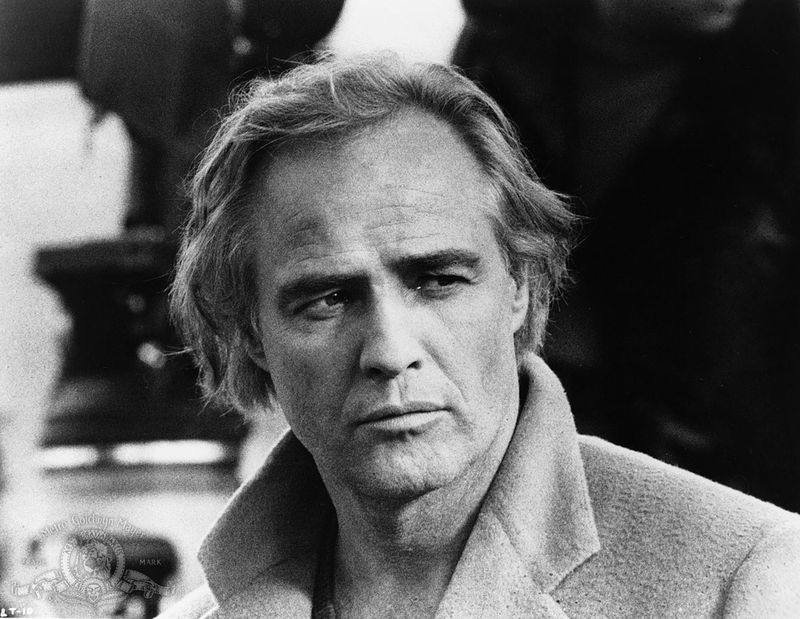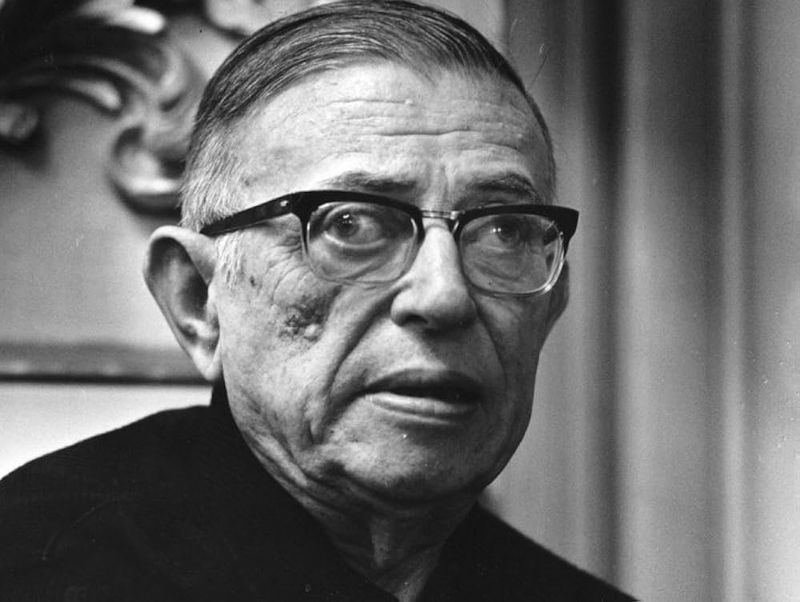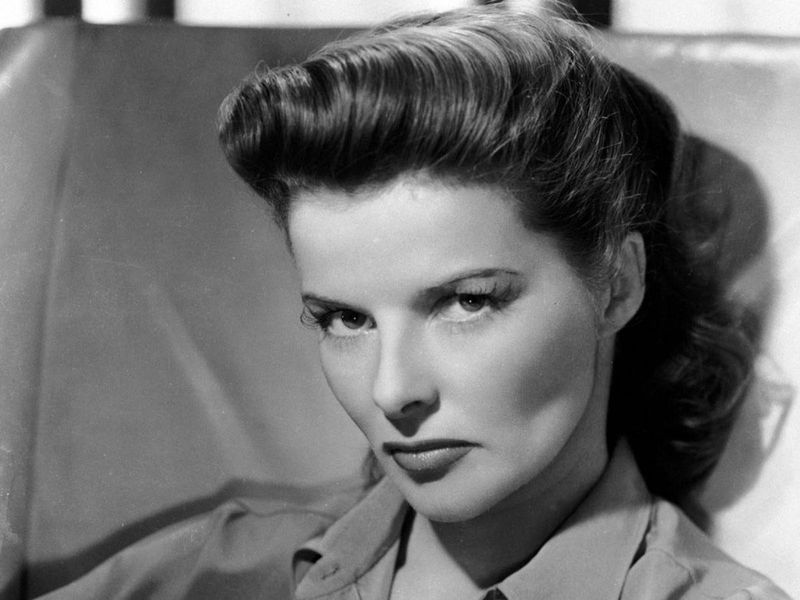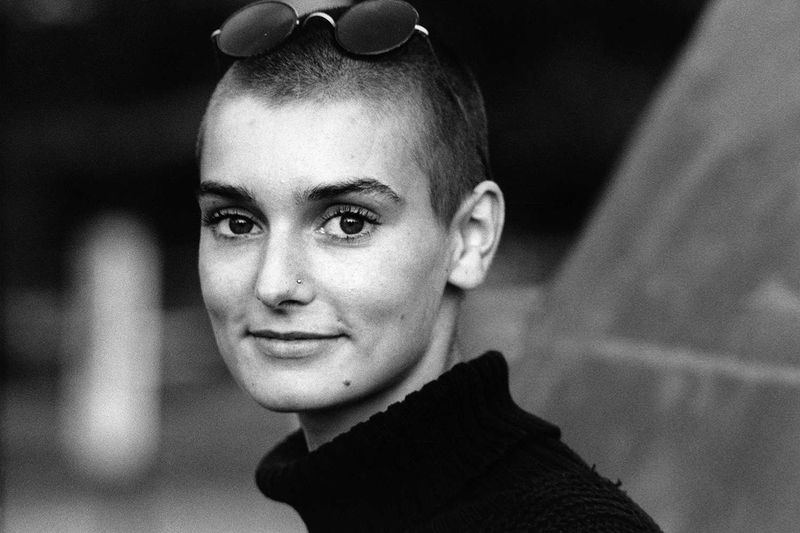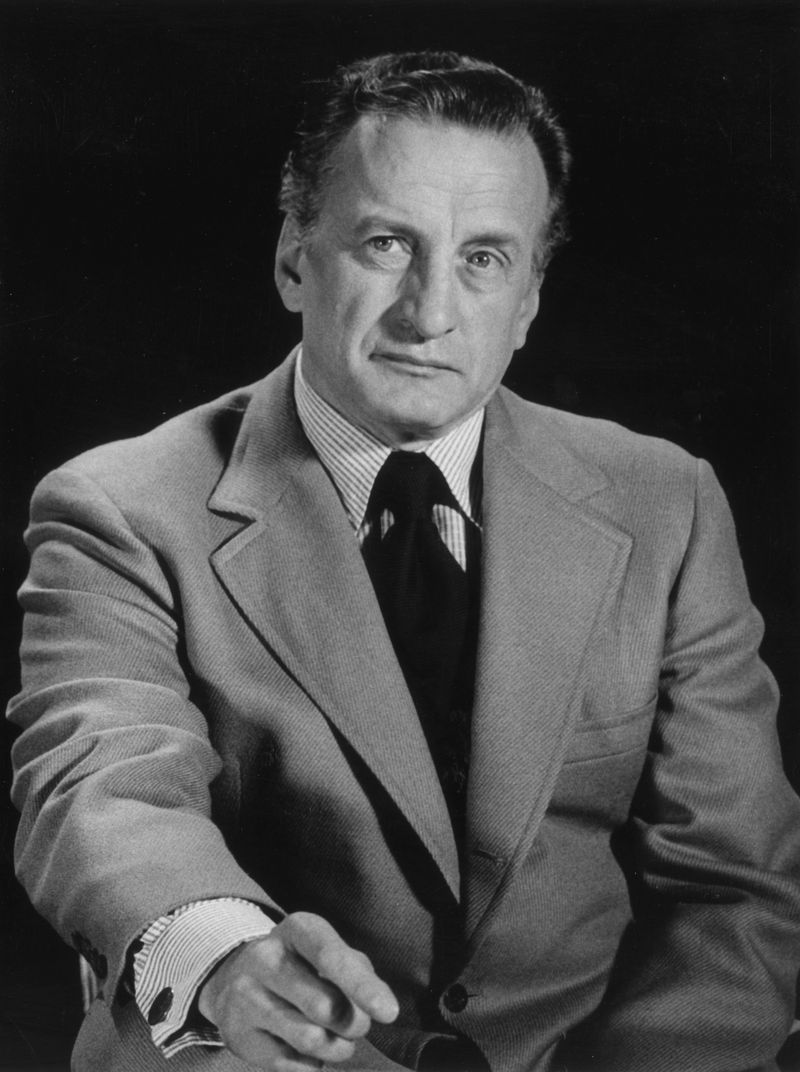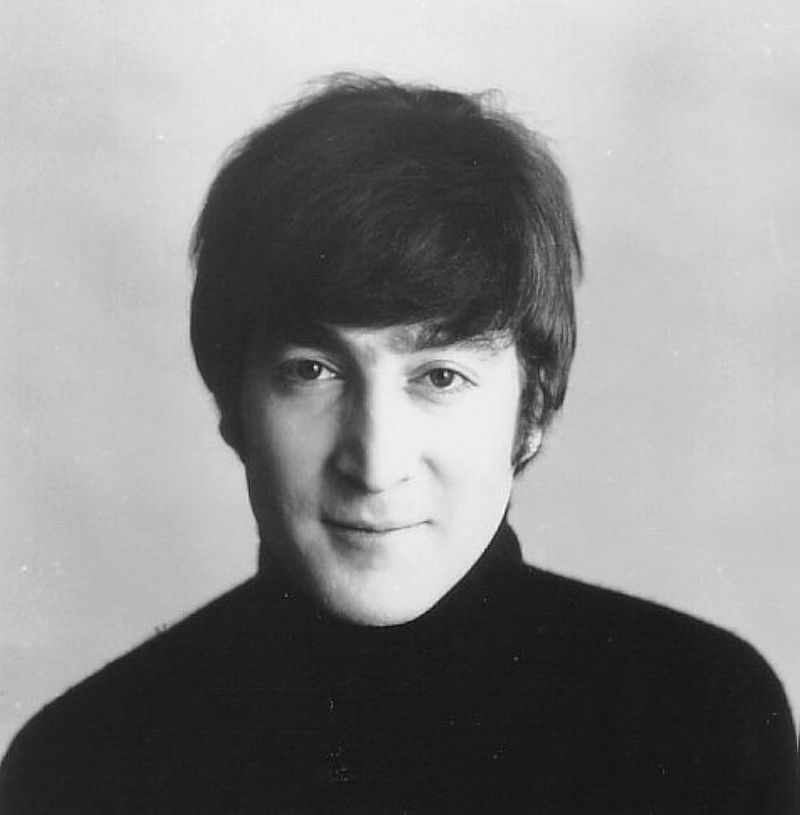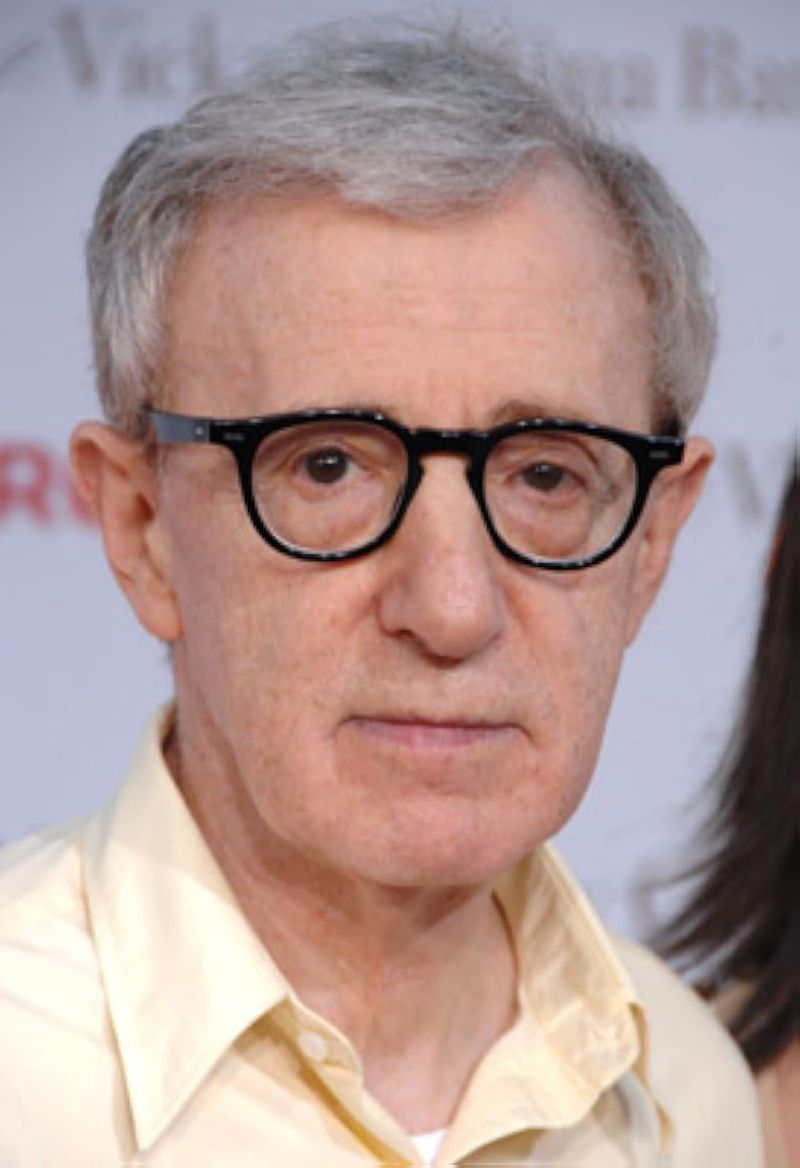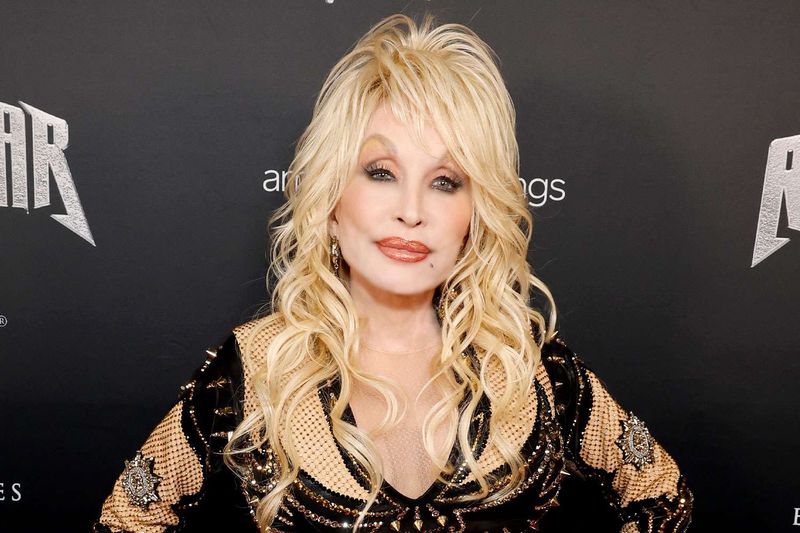Hollywood and the entertainment world love celebrating achievement, but not everyone wants the spotlight. Some of the biggest stars have actually turned down prestigious awards for deeply personal or political reasons. These refusals often made bigger statements than acceptance speeches ever could. From music legends to movie stars, these celebrities chose principles over trophies, changing how we view recognition in entertainment forever.
1. Marlon Brando’s Oscar Rejection
The legendary actor shocked Hollywood in 1973 when he refused his Best Actor Oscar for “The Godfather.” Instead of appearing at the ceremony, Brando sent Native American activist Sacheen Littlefeather to decline the award on his behalf.
His protest highlighted the film industry’s poor treatment and stereotypical portrayal of Native Americans in movies. The audience reaction was mixed – some booed while others applauded this unprecedented political statement.
The moment remains one of the most controversial in Academy Awards history, fundamentally changing how celebrities could use award platforms for activism. Brando never regretted his decision, maintaining that entertainment awards shouldn’t overshadow social justice issues.
2. Jean-Paul Sartre’s Nobel Prize Snub
French philosopher Jean-Paul Sartre made headlines in 1964 by becoming the first person to voluntarily decline the Nobel Prize for Literature. His refusal wasn’t based on disrespect but on his belief that writers shouldn’t become institutions.
“A writer must refuse to allow himself to be transformed into an institution,” he explained in his rejection. Sartre worried that accepting would compromise his independence as a thinker and artist. He felt awards created unfair divisions among writers and might influence his future work.
The Nobel Committee kept him as the winner anyway, but the prize money remained unclaimed. His principled stance reinforced his existentialist philosophy that emphasized personal freedom and responsibility above all else.
3. Katharine Hepburn’s Academy Awards Absence
Hollywood icon Katharine Hepburn holds the record for most Best Actress Oscar wins (four), but never personally accepted a single one. Throughout her six-decade career, Hepburn simply never attended the ceremonies when nominated.
Her absence wasn’t about protest but personal philosophy. “Prizes are nothing,” she once remarked. “My prize is my work.” Hepburn believed acting was its own reward and disliked the competitive nature of awards shows.
Despite her distaste for ceremonies, she expressed gratitude for the recognition through letters. When she won for “On Golden Pond” in 1982, she wrote that the award meant more because she shared the experience with Henry Fonda, who won Best Actor that same night.
4. Bob Dylan’s Nobel No-Show
When Bob Dylan was awarded the 2016 Nobel Prize in Literature, the notoriously private musician responded with silence. For weeks, he made no public acknowledgment of the honor, leaving the Swedish Academy unable to reach him.
Dylan eventually accepted the prize but skipped the ceremony, sending a brief acceptance speech to be read in his absence. “I was out on the road when I received this surprising news,” he explained later. His reluctance seemed less about rejection and more about his discomfort with formal recognition.
The folk legend finally collected his medal privately months later during a scheduled concert in Stockholm. His unconventional response perfectly matched his lifelong image as an artist who marches to his own drumbeat.
5. Sinéad O’Connor’s Grammy Boycott
Irish singer Sinéad O’Connor made waves in 1991 when she refused to attend the Grammy Awards ceremony despite being nominated for Best Alternative Music Performance. Her boycott targeted what she called the excessive commercialization of the music industry.
“The music business has become a giant money-making machine,” she wrote in an open letter. O’Connor believed the Grammys honored commercial success over artistic merit and integrity. She later withdrew from all commercial awards competitions throughout her career.
Her stance, though controversial, resonated with many artists who felt torn between artistic expression and commercial demands. O’Connor remained true to her convictions until she died in 2023, prioritizing authenticity over industry accolades.
6. George C. Scott’s Oscar Rejection
Before even winning the Best Actor Oscar for “Patton” in 1971, George C. Scott informed the Academy he would refuse it. True to his word, he stayed home watching a hockey game the night of his victory.
Scott called the Oscars a “meat parade” and criticized the competitive nature of comparing artistic performances. “The ceremonies are a two-hour meat parade, a public display with contrived suspense for economic reasons,” he stated bluntly. Unlike other refusals, Scott’s wasn’t politically motivated but based on artistic principles.
Despite his stance, the Academy nominated him again two years later for “The Hospital.” Scott maintained his position throughout his career, believing that acting should be judged by audiences, not award committees.
7. John Lennon’s Return of MBE
In 1969, John Lennon returned his Member of the British Empire medal to Queen Elizabeth II. The Beatles had received this honor four years earlier, but Lennon’s political conscience wouldn’t allow him to keep it.
His return note was pure Lennon: “I am returning this MBE in protest against Britain’s involvement in the Nigeria-Biafra thing, against our support of America in Vietnam, and against Cold Turkey slipping down the charts.” The last reason, referring to his song, added his characteristic humor to a serious political statement.
The gesture symbolized Lennon’s evolution from pop star to peace activist. While the other Beatles kept their medals, Lennon’s return demonstrated how his art and activism had become inseparable.
8. Woody Allen’s Oscar Absence
Despite winning four Academy Awards, Woody Allen has never attended the ceremony to accept them in person. His first Oscar came in 1978 for “Annie Hall,” but Allen was performing with his jazz band at Michael’s Pub in New York that night.
Allen’s absence isn’t based on protest but on personal anxiety. “I have no regard for that kind of ceremony,” he once explained. “I just don’t think they have much meaning.” He believes attending would be hypocritical since he doesn’t value competitive awards.
The director maintains this isn’t arrogance but consistency with his values. His absence from the ceremonies has become so expected that it’s now part of his public persona – the New York filmmaker who remains detached from Hollywood glamour.
9. Axl Rose’s Rock Hall Rebellion
When Guns N’ Roses was inducted into the Rock and Roll Hall of Fame in 2012, frontman Axl Rose penned an open letter declining the honor. His absence highlighted the band’s famously fractured relationships.
“I respectfully decline my induction as a member of Guns N’ Roses,” Rose wrote. He objected to being inducted alongside former bandmates with whom he had bitter falling-outs. The singer felt the ceremony would create false impressions about their relationships and future possibilities of reunions.
The Hall inducted him anyway, prompting boos from some attendees when his name was mentioned. Rose’s rejection underscored how personal conflicts can overshadow professional recognition, especially in bands with complicated histories.
10. Dolly Parton’s Elvis Presley Standoff
Country music legend Dolly Parton made a tough business decision when she refused to let Elvis Presley record her song “I Will Always Love You.” Elvis was eager to cover the hit, but his manager demanded half the publishing rights – a standard practice for Elvis recordings.
“I cried all night,” Parton admitted about turning down her idol. Yet she stood firm in protecting her songwriting legacy and ownership. The decision proved financially brilliant when Whitney Houston’s version became one of the best-selling singles of all time.
This wasn’t rejecting an award but refusing to compromise artistic ownership for recognition. Parton’s business savvy showed that sometimes saying no to a king can be the crowning achievement in preserving creative control.
